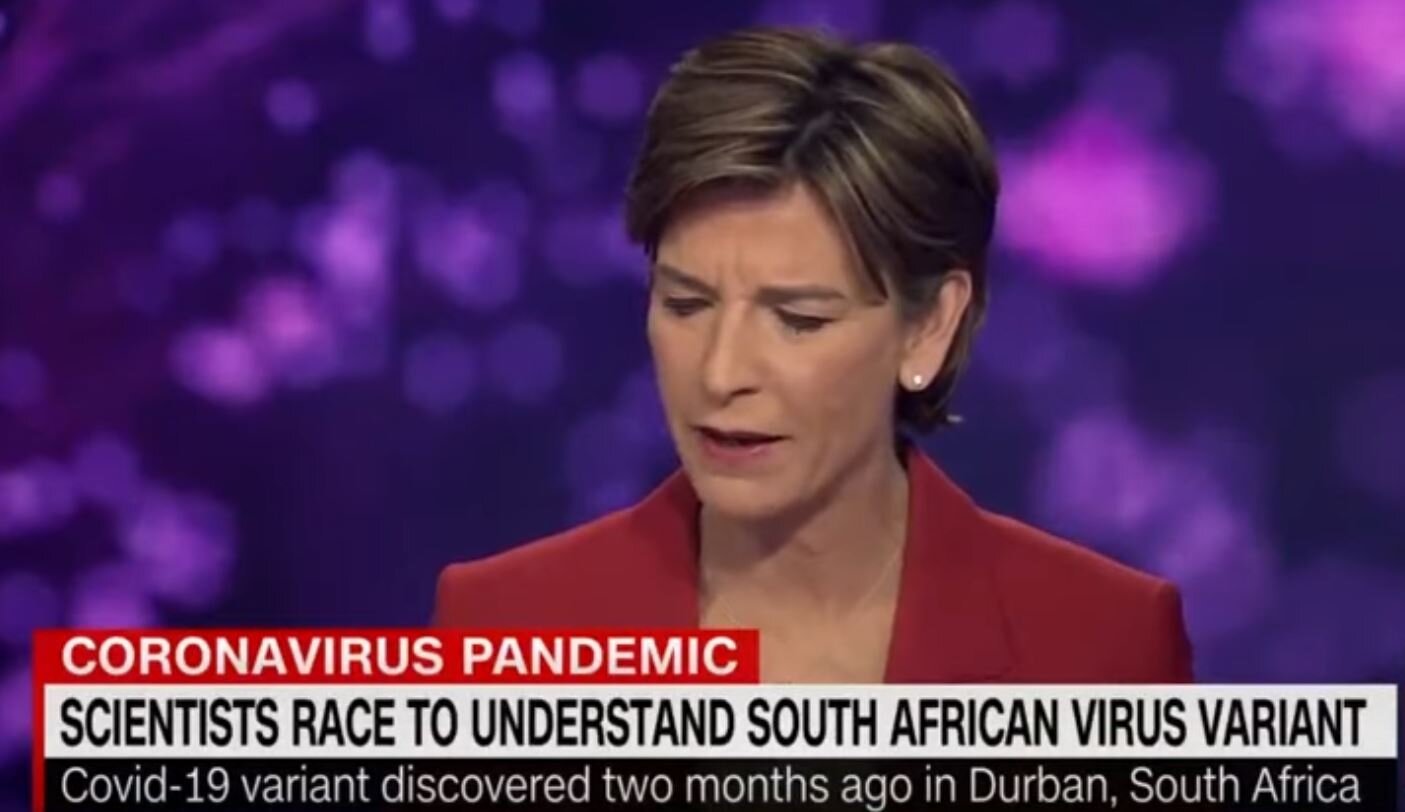The emergence of significant mutations to the novel coronavirus, in the form of variants, have caused heightened concern among scientists and public health officials worldwide.
Michael Osterholm, an epidemiologist at the University of Minnesota, commented: “I worry desperately in the next six to 12 weeks we’re going to see a situation with this pandemic unlike anything we’ve seen yet to date. And that is really a challenge that I don’t think most people realize yet.”
More contagious (and possibly more virulent) variants of the novel coronavirus responsible for the global COVID-19 pandemic—which has resulted in over 2 million deaths to date—have been detected in numerous countries. The variants appear to express an adaptive advantage both in binding to human cells and replicating more efficiently. Evidence suggests these variants can affect the accuracy of diagnostic assays and reduce susceptibility to neutralizing antibodies. Additional research is underway to determine how the new variants might lessen the efficacy of COVID-19 vaccines. ‘
And the preliminary data is concerning. Novavax’s vaccine, for example, was found to be under 50 percent effective against the variant originating in South Africa, which has been detected in the United States.
Some scientists theorize it may be only a matter of time before variants evolve to the point at which they can completely “escape” the first-wave of COVID-19 treatments and vaccines and possibly the body’s own innate immunity. Researchers at Oxford/Astrazeneca are now looking to update their vaccine platform, as is Moderna.
Alex Sigal, a virologist at the Africa Health Research Institute and the Max Planck Institute for Infection Biology, commented:
"I think the evidence is building that these mutations -- and I think other mutations -- will emerge across the globe -- and are emerging already -- that are escaping antibodies from previous infection. It's concerning."
Alarming reports of potential reinfection have been observed in Manaus, Brazil, which is calling into question whether herd immunity can be achieved. The coronavirus may also be showing signs of evading the body’s T Cell response. Equally worrisome, among recovered COVID-19 patients, data from a study conducted in the United Kingdom show almost a third return to the hospital within five months and one in eight subsequently die. Other people may have to live with persistent aftereffects of COVID-19 for years to come. Moderna CEO Stephane Bancel has gone so far as to say: “Sars-CoV-2 is not going away, we are going to deal with this virus we think forever.”
The situation described above illustrates a large, and likely prolonged, unmet need for COVID-19 therapeutics to supplement the use of vaccines, as the coronavirus continues to evolve and adapt. Brilacidin has been shown, in human lung cells, to inhibit the Washington and Italian strains of the coronavirus, as well as other human coronaviruses (H-CoVs), based on in vitro testing, further supporting its pan-coronavirus treatment potential.
A member of U.S. President Biden’s COVID-19 Advisory Board, Dr. Celine Gounder, has mentioned moving beyond an over-reliance on remdesivir and monoclonal antibodies and investing in other promising COVID-19 treatments (“monoclonal antibodies may not be the solution here”). Biden’s national strategy to address COVID-19 includes promoting the immediate and rapid development of coronavirus antivirals. Dr. Anthony Fauci, Director of the U.S. National Institutes of Health (NIH), has highlighted a need for pan-coronavirus therapeutics: “An antiviral that worked against any manner or form of coronaviruses would be highly desirable.”
Scientists who served on Biden’s COVID-19 Advisory Board—Ezekiel Emanuel, Rick Bright, Celine Gounder, Luciana Borio, Michael Osterholm and Atul Gawande—argue in an opinion piece (Vaccines alone won’t solve the pandemic: Here are 3 other things we must do) for a renewed focus on developing coronavirus therapeutics:
“Finally, and most importantly, we need greater focus on developing scalable treatments to prevent severe covid-19, shorten the duration of the disease and reduce deaths. At every turn, we have underestimated this virus. […] The Biden administration proposes an investment of billions in covid-19 therapeutics over the next five years. This is an important commitment, but if the money isn’t to be squandered, we need a different approach to develop a wider range of therapies. […] Operation Warp Speed helped overcome market failures and spur the development of multiple new vaccines. We need a similar effort for new anti-viral and anti-inflammatory agents.”
Innovation Pharmaceuticals believes Brilacidin, a first-in-class defensin-mimetic with antiviral, anti-inflammatory and antibacterial properties, may help address the COVID-19 treatment gap. Brilacidin has received Fast Track designation from the U.S. Food and Drug Administration (FDA) for the potential treatment of COVID-19.
The Company will be initiating a Phase 2, randomized, placebo-controlled clinical trial, enrolling approximately 120 hospitalized patients with moderate-to-severe COVID-19, to further evaluate Brilacidin’s COVID-19 treatment potential.

